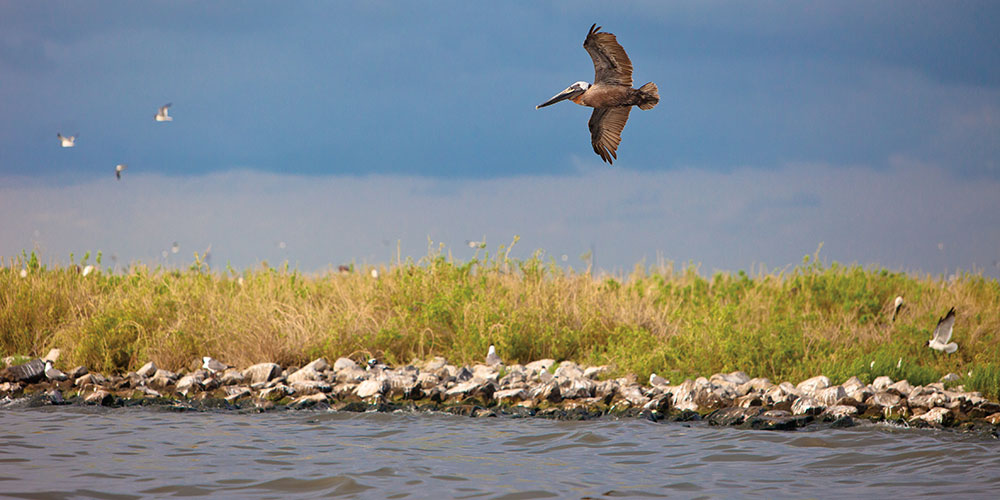The Environmental Engineering & Water Resources Group is comprised of several researchers looking from the rock to the river to the sky.
Research Information
Research Areas
- Air quality modeling
- Climate Change modeling
- Global climate patterns assessment
- Water quality
- Ecohydrology/Ecohydraulics
- Stream habitat quality
- Experimental and applied microbial ecology
- Control of C- and N- fluxes
- Genomic-scale to ecological-scale stochastic processes
- Water treatment and quality
- Waste and wastewater treatment
- Groundwater restoration, bioremediation
- Stream rehabilitation
- Paleohydrology and climate impacts
- Urban impacts / Stormwater management
- Groundwater modeling
- Stochastic systems analysis
- Streamflow Forecasting and relationships to climate impact
- Sediment transport/hydraulics
- Fluvial geomorphology
- Stream restoration
- Biofuels Production
- Water-Energy Nexus
Faculty
- Chris Cox
Department Head and Robert M. Condra Professor - Joshua S. Fu
John D. Tickle Professor - Jon Hathaway
Assistant Professor - Terry Hazen
Governor’s Chair for Environmental Biotechnology - Qiang He
Associate Professor - Frank Loeffler
Goodrich Chair of Excellence Professor - John Schwartz
Director of Tennessee Water Resources Research Center and Professor - Christopher G. Wilson
Research Assistant Professor
Facilities
Water Resources/Hydraulics Lab
The water resources engineering group manages the hydraulics laboratory which is primarily used as a teaching facility. For teaching, it includes several open channel flumes, seepage and drainage bench tester, pipe friction and pump curve bench testers, and hydrostatics bench tester.
A research flume includes a recirculating flume for fluvial measurements of soil cohesive properties and resistance to stream bed shear. A Sontek acoustic Doppler velocimeter measures 3D velocity vectors.
Environmental Engineering Labs
The environmental engineering laboratories are equipped with state-of-the art instrumentation for research in applied microbiology, water quality analysis, organics characterization, and particle surface analysis. The laboratories are located in the Science and Engineering Research Facility (SERF) building on campus. In addition to instrumentation, laboratory bench space is utilized for wet chemistry analysis and on-going experimentation. Located in Perkins Hall, the Environmental Engineering Program has separate laboratory space for our teaching faculty.
